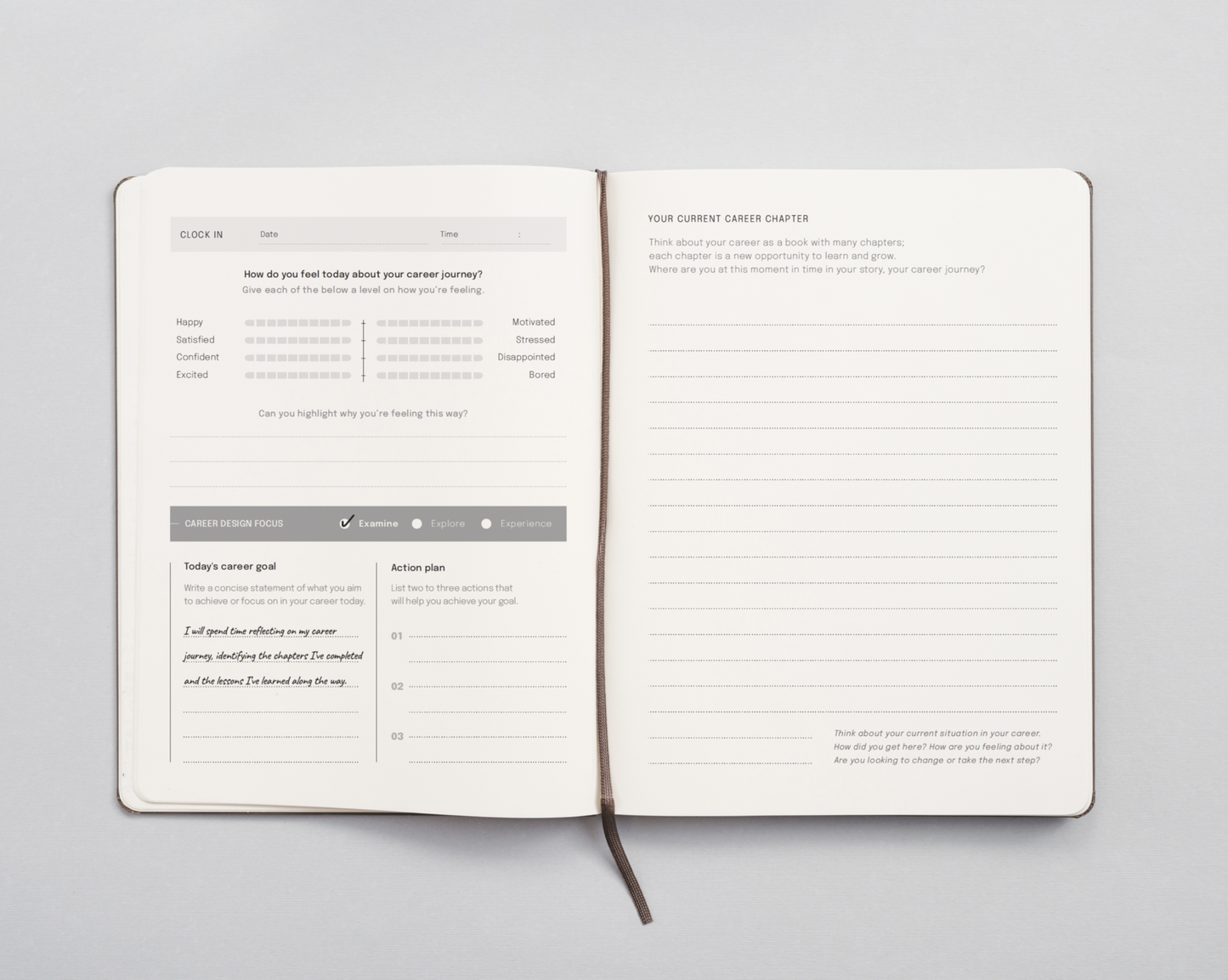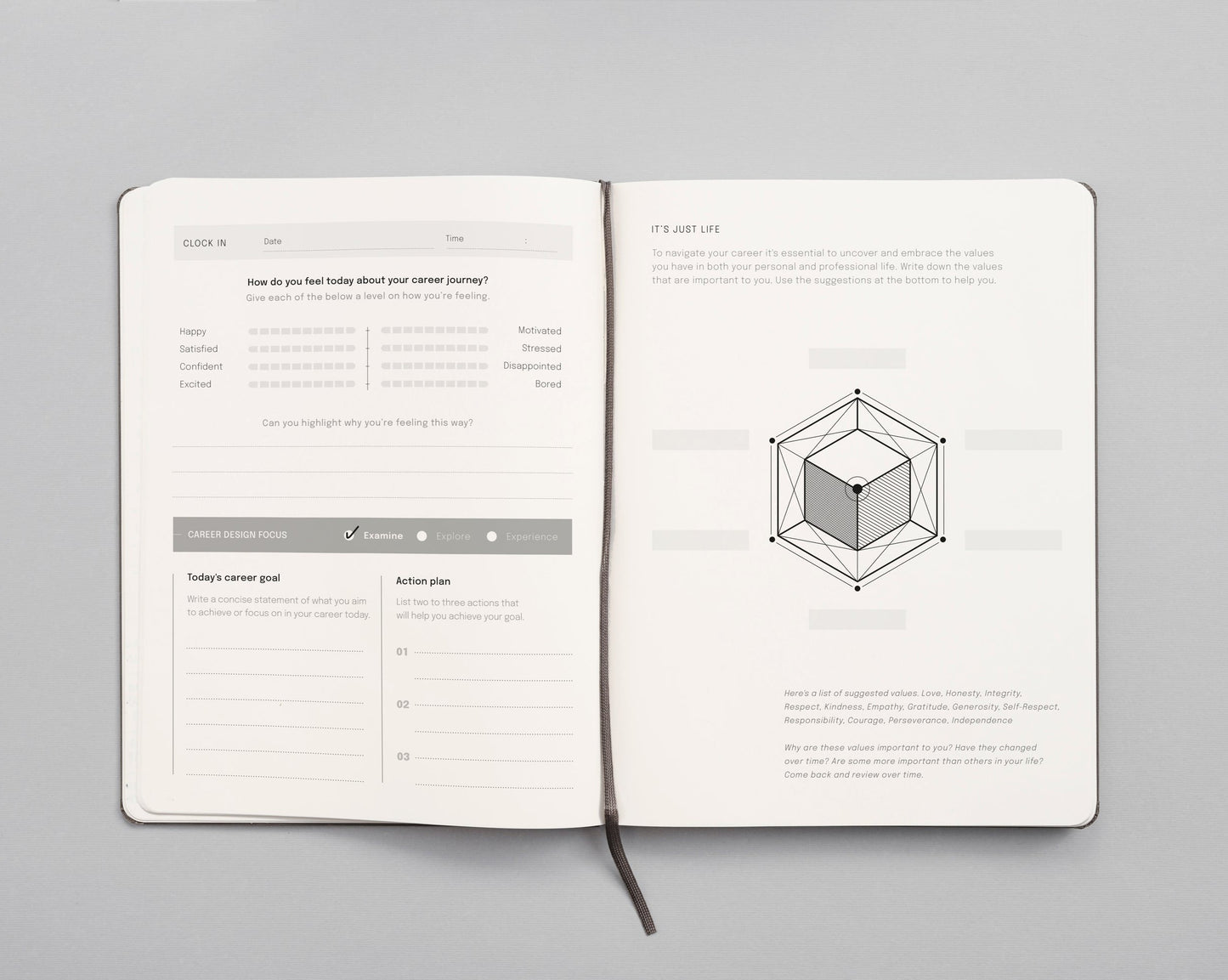2 min read
Introverts, often described as quiet observers, possess a rich inner world teeming with insights and potential. Yet, the act of turning those internal thoughts into actionable steps can be daunting. This is where journaling comes in. It's a powerful tool for introspection, allowing you to connect with your authentic self and gain clarity on your goals and aspirations.
Why Journaling Matters for Introverts
Introverts thrive on internal processing. Journaling provides a dedicated space for this mental exploration, free from external distractions and judgments. It’s like having a trusted confidant who listens without interrupting.
Regular journaling can:
- Enhance self-awareness: By regularly reflecting on your thoughts and feelings, you develop a deeper understanding of your motivations, values, and patterns.
- Reduce stress: Writing down your worries and anxieties can help to alleviate emotional burden and promote mental clarity.
- Boost creativity: Journaling can spark new ideas and perspectives, fostering innovation and problem-solving abilities.
- Facilitate goal setting: By identifying your aspirations and challenges, you can create a roadmap for personal and professional growth.
Getting Started: Your Journey Begins Here
While the idea of journaling might seem overwhelming, it doesn't have to be complicated. Here are three simple steps to kickstart your self-discovery journey:
-
Choose your journaling style: There's no right or wrong way to journal. Experiment with different formats to find what resonates with you. Some people prefer free-flowing writing, while others find structure helpful. Consider using prompts, questions, or gratitude lists to kickstart your writing. You can also start with mind maps, or you can even have a digital journal.
-
Create a dedicated space: Designate a quiet and comfortable spot for your journaling practice. This could be a cozy corner of your room, a local coffee shop, or even a quiet spot in nature. The key is to minimize distractions and create an environment that fosters introspection.
-
Consistency is key: The true power of journaling lies in consistent practice. Start with small, achievable goals, like writing for 10-15 minutes daily. Over time, you can gradually increase your journaling time as you experience the benefits.
Overcoming Common Challenges
Introverts often grapple with perfectionism and self-doubt. Remember, journaling is a personal process, and there are no right or wrong answers. Embrace imperfections and focus on the act of writing itself.
Additionally, finding a quiet and comfortable space can enhance your journaling experience. Experiment with different environments to discover what works best for you.
Turning Insights into Action
Journaling is not just about recording thoughts; it's about using those insights to create positive change. Once you've identified patterns and goals, take steps to implement them.
For example, if you notice a recurring theme of feeling overwhelmed, explore time management techniques or mindfulness practices. If you've identified a career aspiration, research steps to achieve it.
Conclusion
Journaling is a powerful tool for introverts to connect with their inner world and unlock their full potential. By dedicating time to self-reflection, you'll gain a deeper understanding of yourself and develop the clarity needed to pursue your passions. So, grab your journal, find a quiet spot, and embark on this transformative journey of self-discovery.
Remember, consistency is key. Even small steps can lead to significant changes. Trust the process and enjoy the journey.
Bonus: 4 simple prompts you can start with
If you're unsure where to begin, use prompts to guide your writing. Examples include:
What am I grateful for today?
What was my biggest challenge today?
What brings me joy?
What are my long-term goals?








